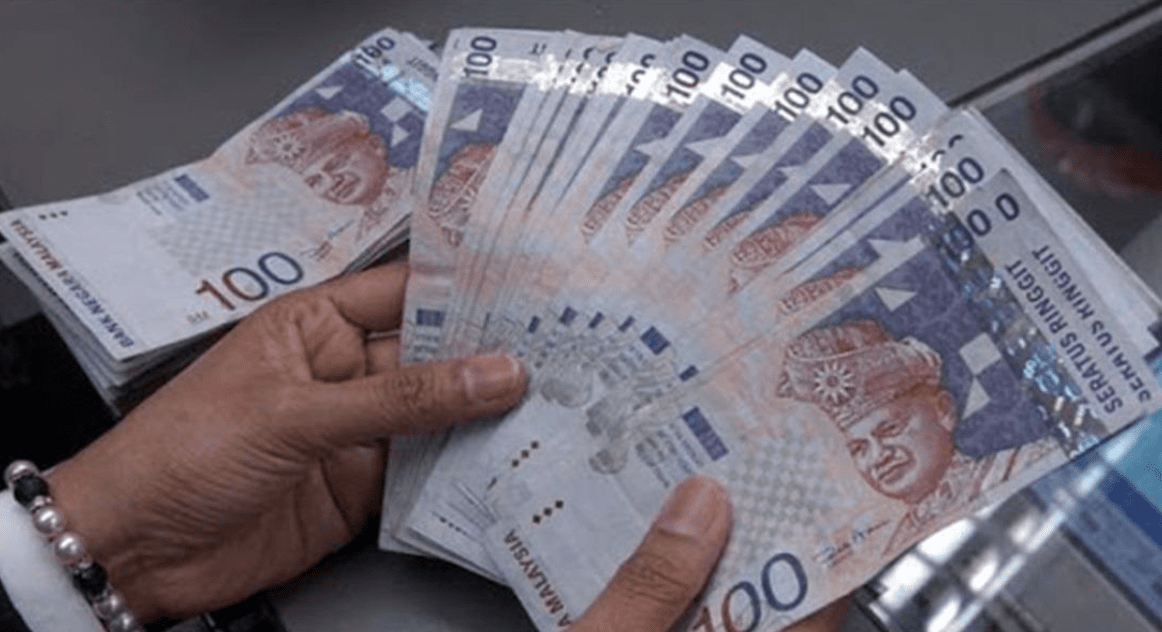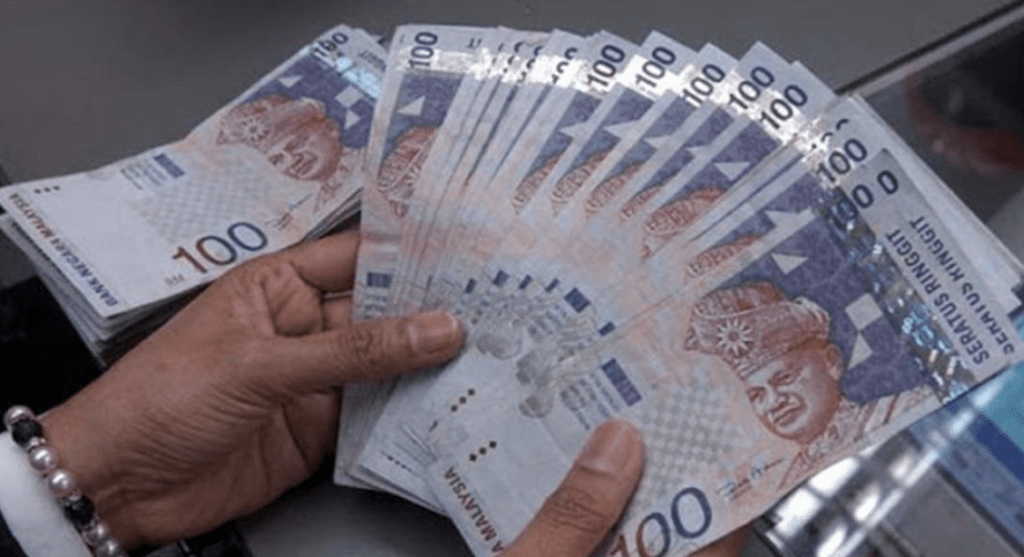
KUALA LUMPUR, Dec 29 — The ringgit traded marginally lower against the US dollar at the opening today following an uptick in geopolitical concerns around China’s border reopening and Russia’s new oil ban, said an analyst.
At 9.13 am, the local note eased to 4.4250/4295 against the US dollar from 4.4230/4275 at Wednesday’s close.
SPI Asset Management managing director Stephen Innes said while the geopolitical noise was doing little to assuage global recessionary concerns, the pace and strength of China’s reopening is key to the ringgit.
“But with COVID-19 cases skyrocketing, market players are now pushing out their timelines for recovery, thinking household mobility could remain low even after a full reopening due to the lingering psychological effect of the virus,” Innes told Bernama.

Meanwhile, Russia’s president Vladimir Putin on Tuesday responded to a Western oil price cap by signing a decree banning the supply of crude oil and oil products from Feb 1, 2023, for five months to nations that adhere to the cap.
Following this, Innes said, oil prices went down, which was likely symbolic of the market’s overriding feeling of uncertainty around recession and the US Fed Reserve policy outlook.
“The combination of less Russian supply and increased demand from China’s reopening should be positive for oil prices moving forward,” he added.
Meanwhile, the ringgit was traded mixed against a basket of major currencies.
It gained slightly versus the Singapore dollar to 3.2800/2840 from 3.2802/2840 at Wednesday’s close and rose against the euro to 4.7033/7081 from 4.7043/7091 previously.
However, the local note weakened vis-a-vis the British pound to 5.3281/3336 from 5.3257/3312 yesterday and depreciated versus the Japanese yen to 3.3069/3108 from 3.3012/3048.





More Stories
RM7.9 Billion For TVET To Enhance Local Skilled Talent Development
Nation Recovers RM15.5 Billion Of Its Revenue, War Against Corruption And Cartels To Go On – Anwar
Budget 2026 Reflects Govt’s Commitment To Integrity, Curbing Leakages – Azam